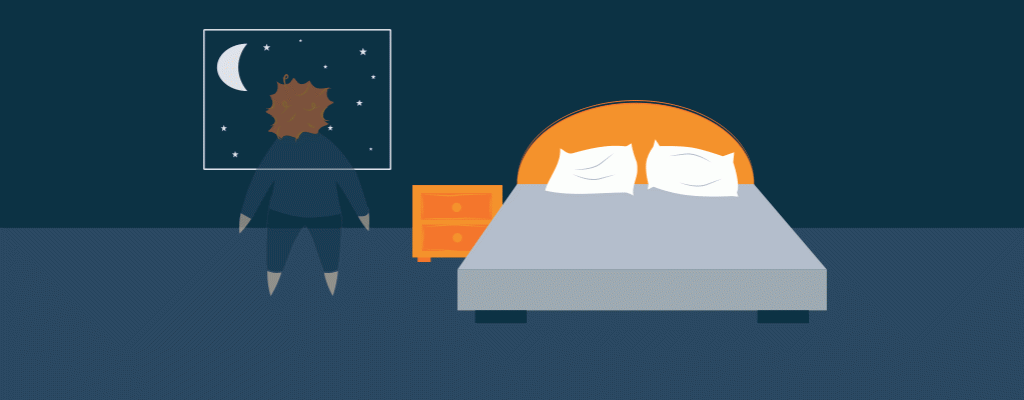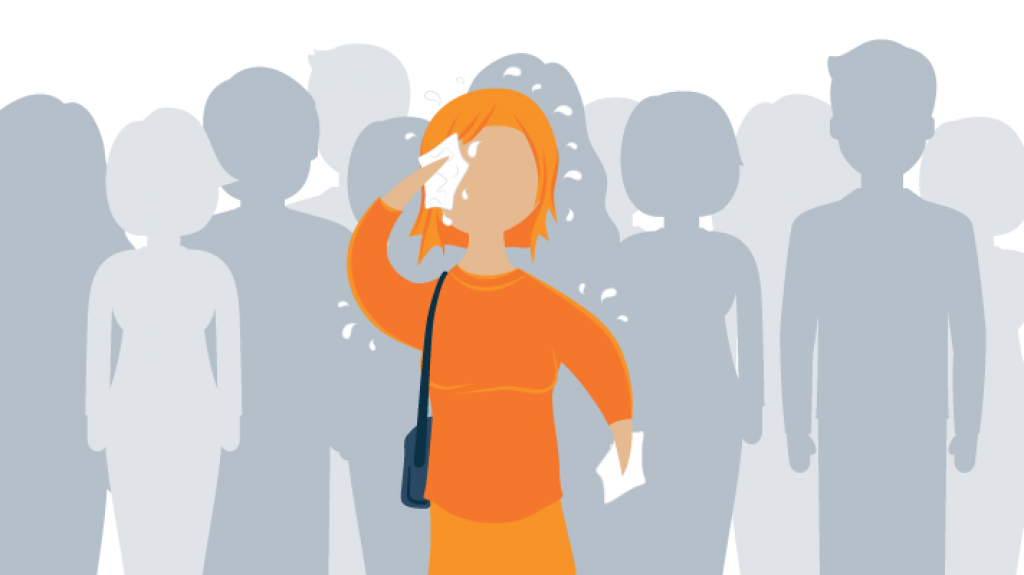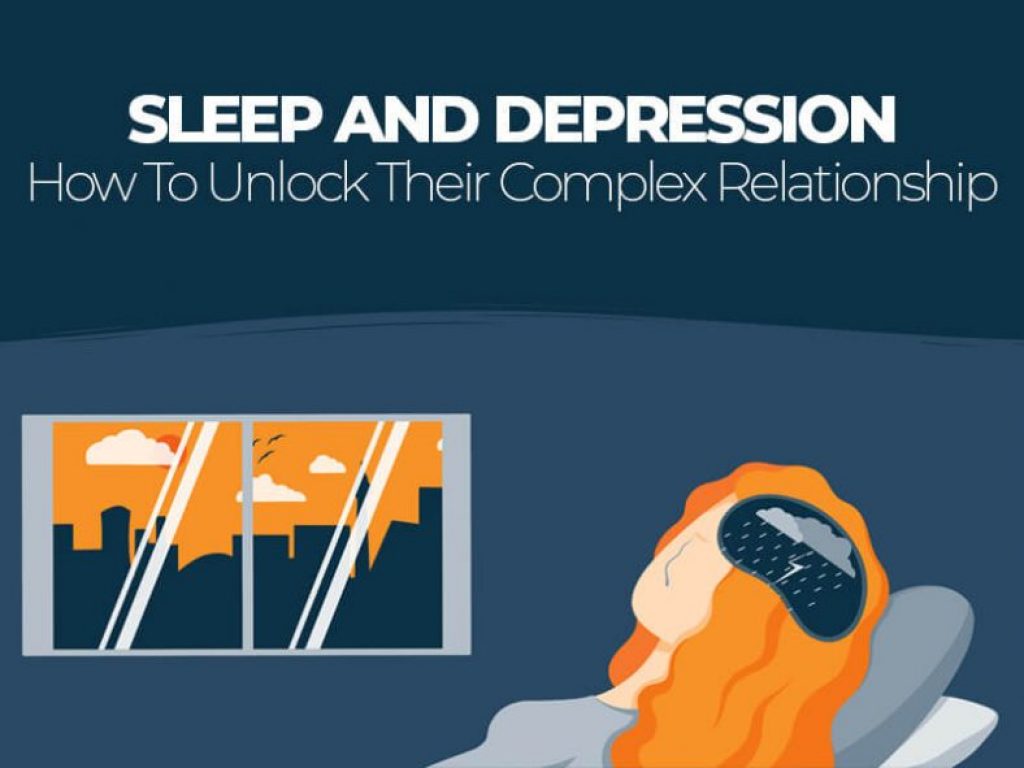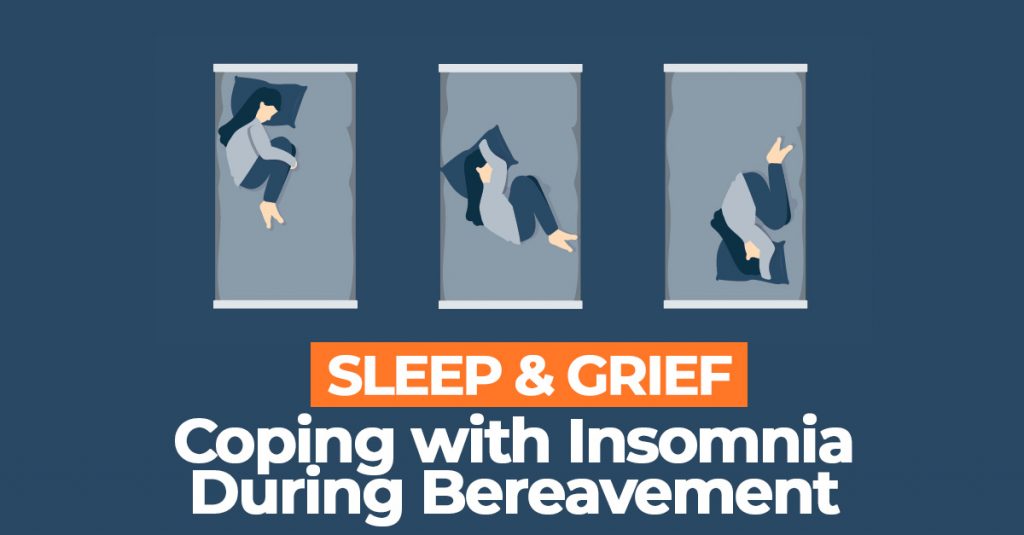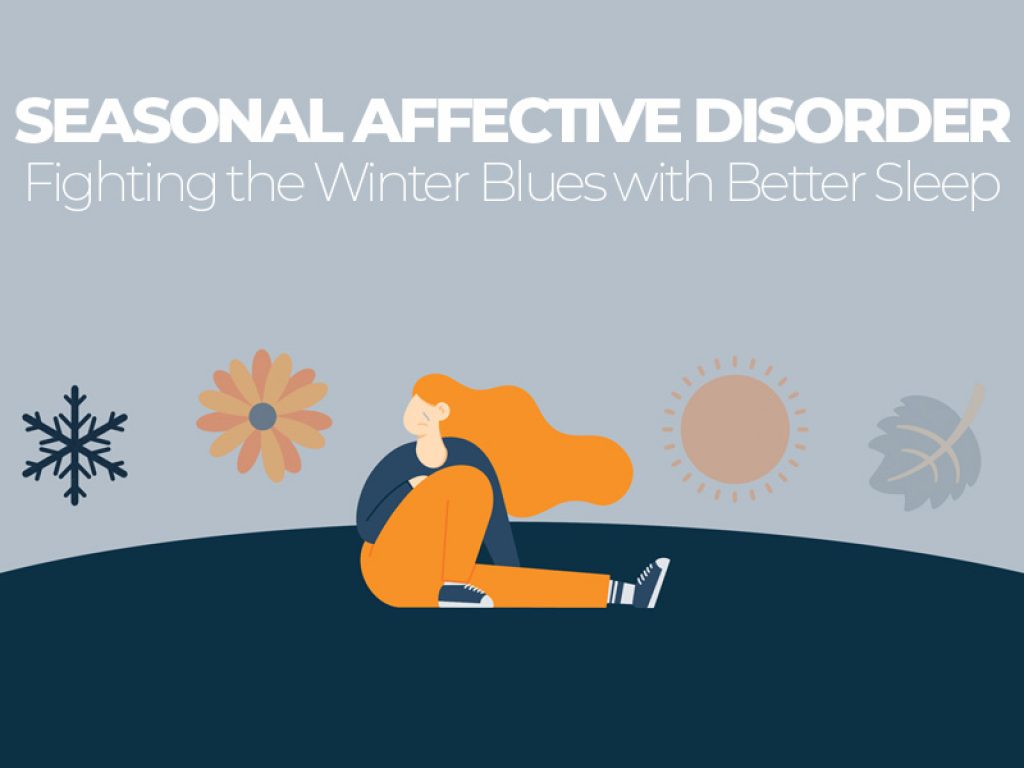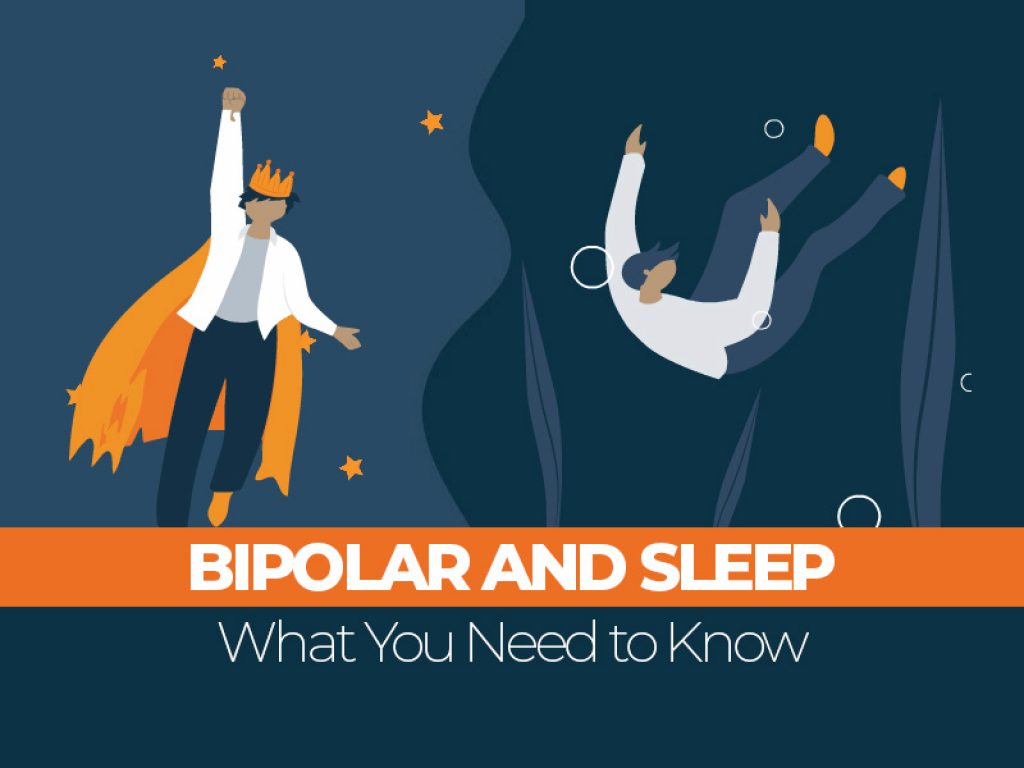The more we learn about sleep, the more we see how much it rules our lives—more than our jobs, our spouses, or even our kids. Our physical and mental wellbeing rely on sleep, and when it comes to mental illnesses, like depression or OCD, sleeping is a key contributor to treatment and possibly a causation.
So how exactly can sleep affect our bodies?
Sleep and the Brain
Despite what it feels like, there is a lot going on while you sleep. Your whole body isn’t shutting down—in fact, your brain is doing quite a bit of work, and research has shown that a healthy sleep habits are essential to your brain health. Sleep helps you think of good comebacks, stay focused in class, and create memories (so you’ll never forget you’re embarrassing moments) by forming and maintaining neural pathways in your brain.
Psychology of Sleep
Sleep is a huge part of your health, right up there with eating and drinking. So what happens when sleep isn’t considered “normal”? Your brain doesn’t function exactly the way it should.
According to the National Institute of Neurological Disorders and Stroke, chronic sleep deprivation puts you at risk of high blood pressure, heart disease, diabetes, and mental illness. Plus, lack of sleep can make concentrating difficult, driving more dangerous, and functioning day-to-day a struggle.
While lack of sleep hasn’t been proven to cause mental illness (although more recent research suggests that it does), the two have a strong correlation—in other words, those with mental illnesses tend to sleep less, and those who sleep less are much more likely to experience one.
Insomnia: Is it a Mental Illness?
Insomnia, alone, is not a mental illness; however, insomnia is a huge indicator of one and may actually be a cause of mental health issues, specifically anxiety and depression.
A study in the Lancet Psychiatry examined 37,000 British university students with insomnia and their sleep habits over the course of 12 weeks. One group of students participated in an online treatment program, and the other group served as the control. At the end of the study, the treatment group experienced less insomnia and bouts of paranoia and hallucinations than those not treated.
Additionally, those who took the treatment class reported decreased anxiety and depression compared to the others. If this study holds up to more research, it could help doctors treat mental illness by first assessing sleep issues before taking other measures.
If you are having trouble with insomnia, take a look at our list of best mattresses for insomnia.
Emotional Effects of Sleep Deprivation
Battling a mental illness can be debilitating and may control many aspects of your life, including your sleep habits. Each illness can have a different effect on your sleep, and through years of research (past and ongoing), the connections between sleep difficulties and mental illness can help patients find treatment in new ways. As always, talk with a doctor before starting a new treatment for a diagnosed illness.
Anxiety
Generalized anxiety disorder haunts over 6.8 million Americans out there (that’s 3.1 percent of the population!) Paired with insomnia, sufferers can be caught in a vicious cycle—lack of sleep can cause anxiety, and anxiety can make rest impossible.
- 50 percent of patients with anxiety have a sleep disorder.
- 46 percent of children with sleep problems in one study formed an anxiety disorder later in life.
- 24 to 36 percent with anxiety suffer from insomnia; 27 to 42 percent experience hypersomnia.
Depression
Millions of people worldwide experience some form of depression each year, whether it be chronic or episodic. While there is a stigma out there that those with depression sleep more than usual (which can happen), it is also common to experience insomnia.
- 65 to 90 percent of adults with depression and about 90 percent of children experience a sleep disorder.
- 40 percent of depressed young adults and 10 percent of older patients have hypersomnia (excessive sleep).
- 83 percent of depressed patients have at least one insomnia symptom.
OCD
Ever had thoughts constantly running through your head over and over—maybe that time you tripped down the stairs in front of everybody or said “Love you” out of habit when getting off the phone with your boss. Obsessive compulsive disorder is similar to that except constantly and much more intensely. These thoughts can be an action, like turning a light on and off a certain amount of times, or stimulating thought—no wonder those with OCD struggle with getting a good night’s sleep.
- Children with OCD sleep 1 hour less on average and stay awake twice as long during middle-of-the-night wakeups.
- 17 to 42 percent of OCD patients have delayed sleep phase disorder (DSPD).
Bipolar Disorder
People with bipolar disorder experience intense highs (manic episodes) and lows (depressive episodes). Usually, patients get extremely limited sleep during manic periods, and the need for rest can cause them to sink into a depressive episode.
- Between 69 and 99% of patients have insomnia during manic episodes, while 23 to 78 percent experience excessive sleep during depressive periods.
- 70 percent of people with bipolar disorder experience sleep difficulties even between episodes.
ADHD
Attention deficit hyperactivity disorder, more commonly known by its much shorter acronym ADHD, doesn’t just cause behavioral issues. Since it can be difficult for patients to concentrate and sit still, it only makes sense that falling asleep can be problematic as well. Nearly 10 percent of children aged 2 to 17 have been diagnosed with ADHD (not to mention the adults that have it too), meaning there are millions of children out there struggling with sleep too.
- According to Harvard Health Publishing, 25 to 50 percent of children with ADHD experience a sleep disorder.
- Between 5 and 39 percent of ADHD cases could be attributed to sleep-disordered breathing (sleep apnea, snoring, etc.).
Schizophrenia
Someone with schizophrenia can experience auditory or visual hallucinations, paranoia, and delusions, like hearing voices that aren’t there, seeing things that are not real, or conjuring up conspiracy theories. All of these symptoms can also occur to someone experiencing severe sleep deprivation, and lack of sleep can obscure information processing in the brain.
- About 36 percent of schizophrenia patients have least one type of insomnia.
- Circadian rhythm disruption (SCRD) occurs in 30 to 80 percent of patients with schizophrenia.
Substance Abuse
Drugs and alcohol alter reality, and regularly abusing these substances can not only mess with your brain but create major sleeping problems. Although drug and alcohol consumption is often followed by sleep, the quality of rest is minimal, and it can be interrupted by needing to use the restroom often.
- According to a study, 61 percent of alcoholics reported problems with insomnia.
- Interrupted sleep may persist for 1 to 3 years after reaching sobriety.
- Over half of those battling substance abuse in one study experienced moderate-to-severe insomnia, sleep apnea, or both.
Conclusion
Chances are you or someone you know has or will experience a mental illness at some point, and problems sleeping will probably arise. Understanding the link between sleep and illness can help you recognize potential issues before or when they occur, and treating your insomnia might also play a part in treating a mental disorder.
To be safe, always discuss the problems you are having with a doctor—only a professional can diagnose and help properly treat your mental and physical ailments. The most important takeaway is that sleep is a major part of your health, and it is up to you to make it a priority.
Mental Health & Sleep
Featured Articles

Jess Carpenter
Content Writer
About Author
Jess is only serious about a few things in life: sleeping, writing, and making the perfect chocolate chip cookie. In her free time, you’ll probably find her having a dance-off to ‘80s pop with her family or watching scary movies with her cat, Waffles.
Combination Sleeper

